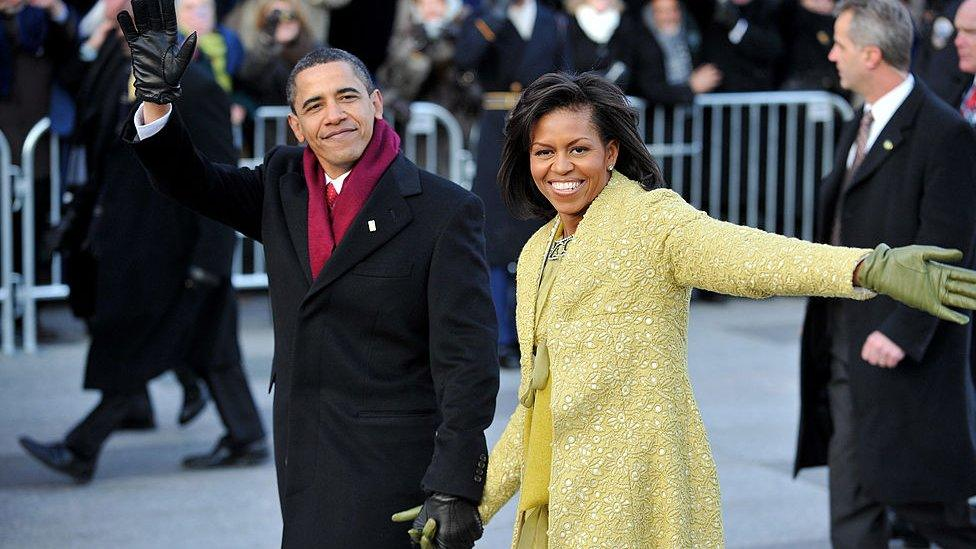Chopper Opens Up About Diddy’s Exploitative Treatment of Da Band: The Untold Truth of Bad Boy Records
Chopper, also known as Young City, a member of the early 2000s hip-hop group Da Band signed to Bad Boy Records, has recently exposed the exploitation that took place behind the scenes during their brief but impactful time in the spotlight. In a candid interview with The Art of Dialogue, Chopper shed light on the harsh realities faced by Da Band under Diddy’s management, revealing how the group felt more like pawns in a larger, high-stakes experiment.
Chopper’s revelations offer a shocking look into the disparity between Diddy’s lavish lifestyle and the financial struggle of the artists who helped propel his empire to global dominance. “Diddy didn’t give us a million apiece, didn’t give us $100,000 apiece,” Chopper shared. “You gotta understand, when we came out, we were an experiment for him and MTV. He didn’t know it was gonna blow up.”
For Chopper and his fellow Da Band members, the dream of stardom quickly turned into a harsh reality as they learned the grim details of their financial compensation—or lack thereof. While Diddy reportedly made $30 million off Da Band, the group received only a fraction of that sum, leading to growing disillusionment and frustration among the members.
Diddy’s Legacy Under Scrutiny: The Dark Side of Bad Boy Records
Chopper’s remarks come at a time when Diddy’s legacy is under increasing scrutiny. Once hailed as a mogul and pioneer in the music industry, Diddy’s public image has slowly shifted from one of admiration to a more controversial figure. The financial success of Bad Boy Records, which helped launch the careers of stars like The Notorious B.I.G., Mary J. Blige, and Faith Evans, has now been overshadowed by allegations of exploitation from former collaborators.
Despite Diddy’s continued financial success, the cracks in his carefully crafted persona are becoming harder to ignore. For many, the man who built an empire through ambition and perseverance is now seen as someone who profited heavily at the expense of the very artists who helped him reach the pinnacle of success.
Chopper’s story is not an isolated one. Numerous former Bad Boy Records artists, including the likes of Mase and 112, have spoken out about their struggles with the label and Diddy’s handling of their careers. While Diddy continues to bask in wealth and accolades, these stories highlight the darker side of his empire, painting a picture of a mogul who was willing to sacrifice the welfare of his artists for personal gain.
The Complex Legacy of Sean “Diddy” Combs
Sean Combs, now known as Diddy, has long been celebrated as a symbol of entrepreneurial success in the music industry. From the creation of Bad Boy Records to the launch of his fashion line Sean John, Diddy built an empire that seemed invincible. His rags-to-riches story became a beacon of hope for aspiring musicians, businesspeople, and entertainers alike.
However, as Diddy’s empire grew, so too did allegations of mistreatment and exploitation from former collaborators. The entertainment mogul’s reputation has begun to shift, with increasing reports of him profiting off the labor and talent of his artists without offering fair compensation. These accounts are not limited to Da Band but extend across various phases of his career, with accusations ranging from financial mismanagement to emotional abuse.
As Diddy faces legal battles and ongoing accusations of misconduct, his once-unshakable public image is beginning to crack. Once revered as an icon of ambition and wealth, Diddy now finds himself at the center of controversy, with fans and critics alike questioning the true cost of his success.
A Look Back at Da Band’s Short-Lived but Impactful Journey
Da Band’s story is one of the most iconic examples of MTV’s Making the Band series, which chronicled the formation of the group and their rise to fame under the Bad Boy umbrella. The show, which aired in the early 2000s, captivated audiences with its behind-the-scenes drama, personality clashes, and the high-stakes pressure of making it in the music industry.
However, despite the hype and public fascination, Da Band’s time in the spotlight was fleeting. The group’s debut album, Bad Boy’s 2000s: Da Band, received mixed reviews, and internal conflicts quickly led to their disbandment. For Chopper and his bandmates, their dreams of fame were quickly overshadowed by the realization that they were being used as a marketing tool for Diddy’s larger ambitions, rather than being treated as valued artists in their own right.
Chopper’s frustrations with the treatment he and his bandmates endured are now coming to light, and his story offers a window into the harsh realities faced by many artists within the entertainment industry—especially those under the control of powerful moguls like Diddy. As the years go by, Da Band’s story serves as a cautionary tale of how fame and fortune can come at a great personal cost.
Diddy’s Tarnished Legacy: From Mogul to Controversial Figure
As Diddy awaits trial for serious allegations, his legacy as one of hip-hop’s most influential figures is facing a major crossroads. The question now is: can Diddy recover from these growing accusations of exploitation and misconduct, or is his reputation permanently damaged?
Once seen as a self-made success story, Diddy’s empire is now under fire as more stories of artist mistreatment come to light. While Diddy remains financially secure, the mounting allegations surrounding his business practices and personal life have begun to overshadow his once-revered status in the music industry. The question on many minds is whether his wealth and success were truly earned through hard work and vision, or whether they were the result of exploiting the very people who helped him rise to the top.
Conclusion: The Cost of Success in the Music Industry
Chopper’s revelations about Diddy’s treatment of Da Band are just the latest in a long line of accusations against the mogul. As legal battles unfold and more artists come forward with similar stories, Diddy’s legacy as a pioneer in the music industry is becoming increasingly complicated.
While Diddy’s contributions to hip-hop and popular culture cannot be denied, it’s crucial to recognize the human cost of his success. The stories of artists like Chopper raise important questions about the ethics of the entertainment industry and the responsibility that moguls like Diddy have toward the people who help build their empires.
As fans and critics grapple with Diddy’s tarnished reputation, one thing remains clear: the price of success in the music industry can often be far higher than anyone realizes, especially for those who are exploited in the process.














